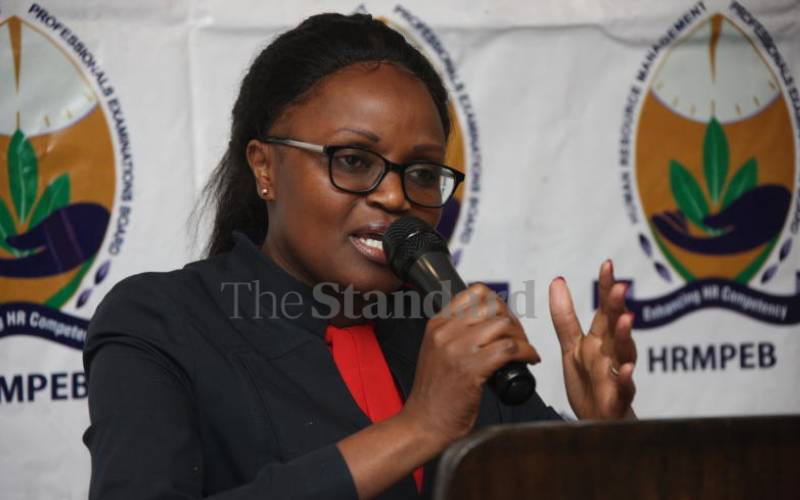×
The Standard e-Paper
Join Thousands Daily

The fight against fraudulent academic papers in Kenya is facing a major roadblock: the failure by universities and colleges to upload graduate information to the national database which makes it difficult for employers to verify their credentials.
Established in 2016, the database was designed to empower employers to easily confirm the legitimacy of job applicants' degrees, thereby curbing the use of fraudulent certificates.